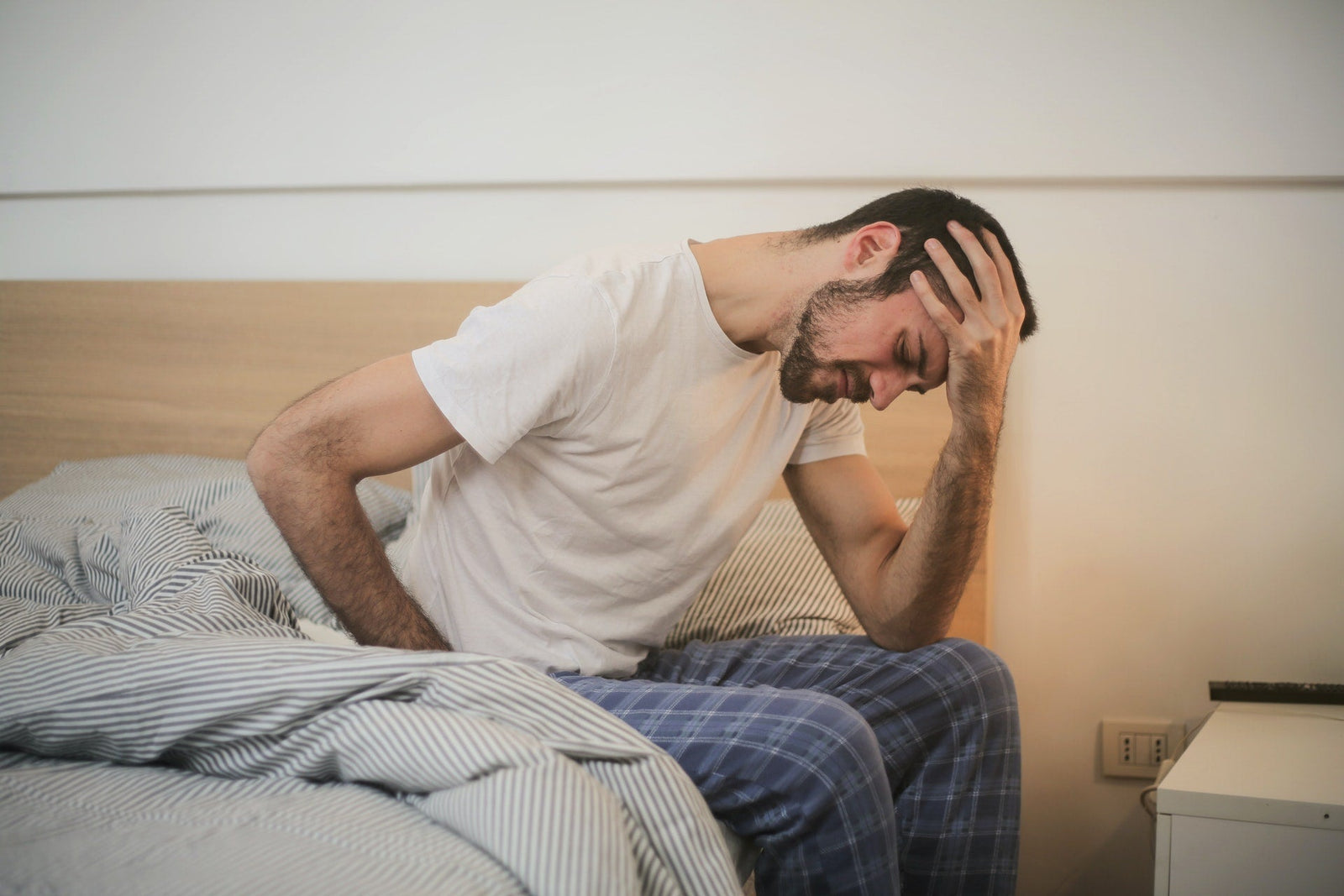Your Cart is Empty
Free shipping on Orders $79+
Free shipping on Orders $79+
Explore

Overcoming Irritable Bowel Syndrome By Dr. Jason Dave, ND
March 01, 2021 5 min read
Doctor’s Note
A new series featuring leading physicians who love plants as much as we do!
Do you constantly notice that you’re having to go to the bathroom more often than usual? Do you find yourself not being able to go at all? Or maybe you experience both of these symptoms. If so, you may be dealing with irritable bowel syndrome (IBS). It turns out that IBS is a pretty common disorder- affecting over 1 in 5 individuals. IBS is also more common in women- it affects twice as many women than men.
So what exactly is IBS? It’s a disorder that affects the large intestine, causing a variety of gastrointestinal and other symptoms such as:
- Stomach cramps
- Abdominal pain
- Altered bowel habits such as diarrhea or constipation (or alternating between both)
- Bloating
- Excess gas, or flatulence
- Fatigue, depression, and anxiety
If you have any of these symptoms, be sure to visit your doctor. In order to diagnose IBS, your doctor will have to take a complete medical history and perform a physical exam. In certain cases, he or she may have to rule out other more serious conditions and additional exams and tests may be required such as a stool analysis, blood testing, rectal exam, colonoscopy, and imaging (such as an x-ray or CT scan).
While the exact cause isn’t known, it is thought that some factors may play a role in the development of IBS such as prior intestinal infections, inflammation in the intestines, and not enough beneficial gut bacteria. While medications can sometimes offer relief of symptoms, some individuals do not respond to them or find the side effects intolerable. Fortunately though, there are many well-studied natural approaches that you can integrate into your schedule to reduce IBS-related symptoms and restore a sense of control over your life.
Here are my top 3 approaches to managing IBS and digestive issues:
Addingsoluble fiber to your daily diet can help abdominal pain and promote intestinal function- particularly if you have constipation-predominant IBS. It is present in plant foods such as beans, fruits, oats, psyllium, sprouts and flax seed. Psyllium, which is a widely used soluble fiber, has been shown in scientific studies to be even more effective than stool softeners for those with constipation associated with IBS.
Soluble fiber creates a gel-like texture which improves the consistency of the stool, helping it glide through the colon more easily. Another benefit of consuming soluble fiber is thatour beneficial gut bacteria utilize it in order to produce short-chain fatty acids (SCFAs). One of the important functions of SCFAs is topromote healthy intestinal muscular contractions that propel the movement of stool out of the body. This helps to promote healthy and regular bowel movements, particularly in those with constipation.
For some additional great tips on how to combat constipation check out our blog here: Constipation and How to Restore the Flow.
Unfortunately, many fiber supplements out there taste bland,don’t provide enough fiber, or contain lots of additives and preservatives.It doesn’t have to be very hard to get all the fiber you need without compromising on quality and taste! The delicious Pineapple Chia Cleanse is filled with some amazing ingredients to help your digestive system get back on track! It contains a variety of soluble fibers such as psyllium, as well as plenty of prebiotics and probiotics. These ingredients all work together to promote digestion and healthy bowel movements, eliminate harmful toxins, cut cravings and support the growth of beneficial gut bacteria. Adding it to a delicious green juice increases the fantastic effect, which you can get in theDebloating Bundle.
* Doctor’s Note- Adding a fiber-rich food can be a challenge to some people because it depends on the health of your gut microbiome (or the community of microorganisms in your gut such as good and bad bacteria). If you experience any bloating, try starting out with only one quarter to half a scoop of Pineapple Chia Cleanse with plenty of water or even in a smoothie. You will want to take it easy to start- increase fluids and physical activity to help move things along. If you experience constipation, try taking magnesium citrate which can also help. It is also important to remember that large amounts of fiber can affect the absorption of medications, so take your medications one to two hours before taking a fiber supplement.
There are certain foods that may aggravate IBS-related symptoms. If you notice that after consuming a particular food aggravates your IBS symptoms, try eliminating it for 2-4 weeks and see if you notice an improvement of symptoms. This elimination diet can help heal your gut and reduce intestinal inflammation. Ajuice cleanse is a great system to categorically eliminate potentially irritating foods from the diet and also soothe your gut. People may experience less bloating, less pain and better digestion during the cleanse.
Another area to note is that many individuals with IBS are intolerant or sensitive to gluten- which is a protein that is found in wheat, rye, barley and spelt. In one study, patients who had been diagnosed with IBS reported a lessening of symptoms when they followed a gluten-free diet.
Another diet that can help alleviate IBS symptoms is a diet low in FODMAPs: Fermentable Oligosaccharides, Disaccharides, Monosaccharides, and Polyols. It is thought that by eliminating high-FODMAP foods, you cut off the fuel source that feeds harmful gut bacteria- this may help reduce the abdominal pain and bloating associated with IBS. The low-FODMAP diet plan involves eliminating fast-fermenting carbohydrates like bread (especially those containing wheat), sweets, dairy foods, cabbage and certain fruits. Polyols, or sugar alcohols, are found in reduced-calorie, sugar-free artificial sweeteners- so don’t forget to eliminate them while on this diet. The low-FODMAP diet is a pretty strict diet so be sure to work with your nutritionist or doctor to see if it can help alleviate your IBS symptoms.
Most people with IBS notice that stress can aggravate their symptoms. How does stress affect our gastrointestinal system? Well, our brain and gut are linked by a very complex interwoven system of millions of nerves which allow for communication between each other. This creates a strong gut-brain connection, making it more susceptible to stress.
When we are stressed out, high levels of cortisol (our stress hormone) can alter movement in our gut- causing the muscles in the intestines to spasm and cause pain. Learning stress-reduction techniques can help normalize our stress hormone response, in turn reducing the severity and frequency of IBS-related symptoms. One type of therapy,mindfulness-based stress reduction, has been shown in clinical trials to significantly reduce abdominal pain and improve bowel habits in those with IBS. Other types of interventions that can benefit those with IBS include yoga, gut-directed hypnotherapy and cognitive behavioral therapy.
By Dr. Jason Dave, ND
Doctor’s Note
A new series featuring leading physicians who love plants as much as we do!
For more SMART lifestyle tips like this, visit our other blogs at www.smartpressedjuice.com and follow us on Instagram or like us on Facebook. You can also visit our shop to stock up on our delicious juices.
Statements made on this website have not been evaluated by the U.S. Food and Drug Administration. Information provided by this website or this company is not a substitute for direct, individual medical treatment or advice. It is the responsibility of you and your healthcare providers to make all decisions regarding your health. We recommend that you consult with your healthcare providers regarding the diagnosis and treatment of any disease or condition. Products sold on this website are not intended to diagnose, treat, cure, or prevent any disease.
{"themeColor":"#574CD5","iconColor":"#574CD5","showLogo":true,"topBottomPosition":10,"rightLeftPosition":10,"iconSize":"small","iconCustomSize":64,"position":"bottom-left"}

